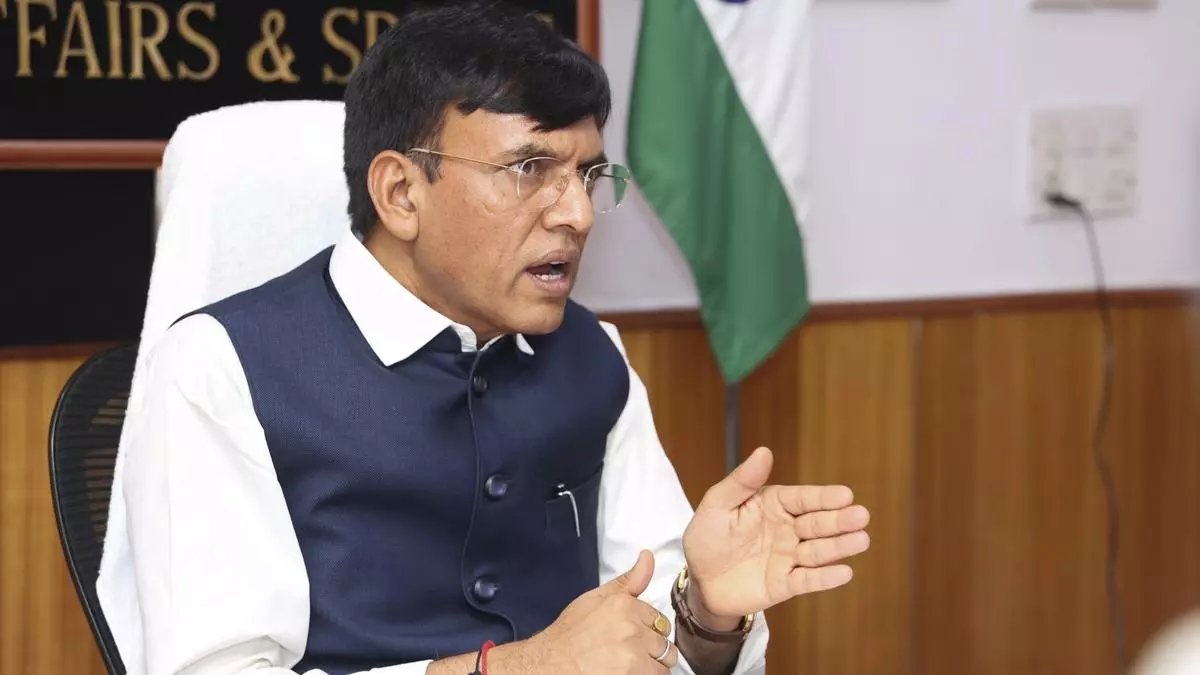Bar Code India (BCI), a company offering track and trace technologies since 1995, says it is only a matter of time before the farming sector adopts such technologies for its benefit.
Dinesh Pilgaokar, EVP, Process Manufacturing, BCI, said despite being an agricultural economy, the majority of the farming community in the country is economically backward. Investment in automation and digitisation, although not prohibitive, is still unaffordable to the farmer.
- Also read: How drone technology enhances farm traceability and reduces pesticide usage
“Having said so, this landscape is fast changing with the mobile revolution, and it is only a matter of time before farmers adopt innovative technology for their own benefit,” he said.
In an online interaction with businessline, he said the Government has mandated seeds and pesticides industries to ensure digitisation in the supply chain to enable transparency and traceability. This helps the farmer to know the authenticity and validity of the products they use.
Tech use on e-commerce platforms
Regarding the role of BCI technologies in agriculture sector, he said their use in areas such as identifying and monitoring critical parameters like temperature and moisture of the soil; segregating and marking the quality of produce; and packing, storing and distribution.
In indirect agriculture, technologies such as IoT, barcodes, RFID, and vision-based automation play a significant role in processes such as traceability, visibility, and digital workflow control throughout the supply chain, he said.
Its technologies are used on e-commerce platforms for the distribution of agricultural produce. He said there are use cases for fruits and vegetables that are exported, where the product genealogy is tracked from the seed vendor, soil parameters, record of infections if any, quality, storage and retrieval, transport conditions monitoring, and product delivery.
He said implementing traceability systems in India’s agriculture faces challenges such as economic hardship of farmers, high digitization costs, and limited access to technology. To address these issues, India can focus on enhancing digital literacy, subsidizing technology adoption, and promoting mobile-based solutions.
Asked how to overcome the complexity in adopting traceability processes among FPOs, cooperatives, and small agri ventures, he said a uniform methodology, published by competent authorities and certified by experts, for all the producers and a common adoption platform across the agri industry, will help immensely.




